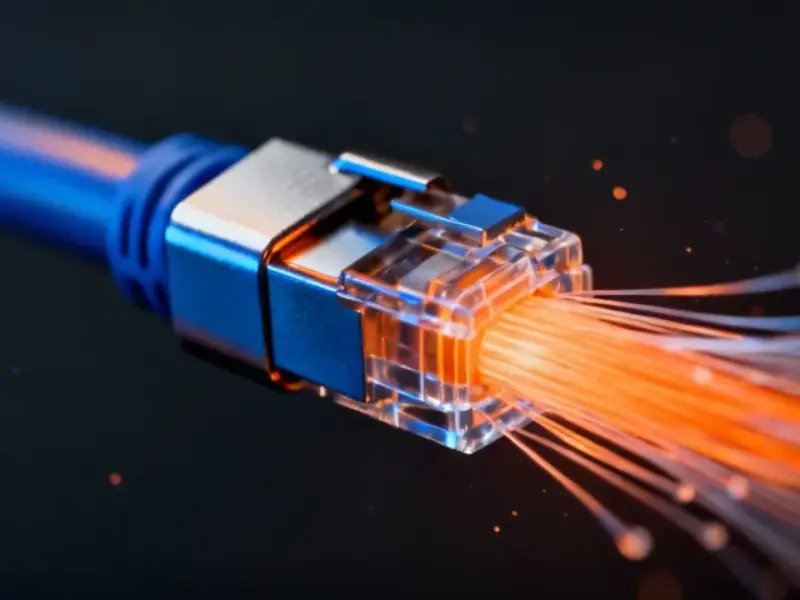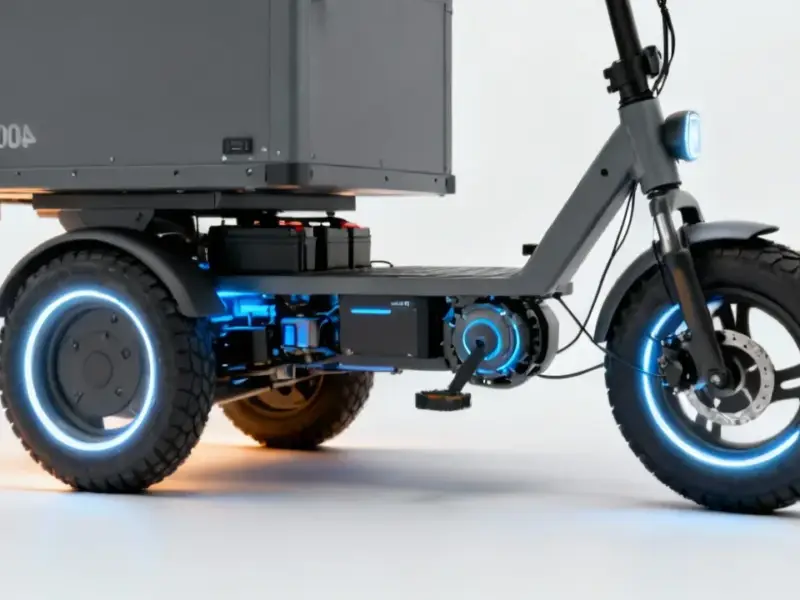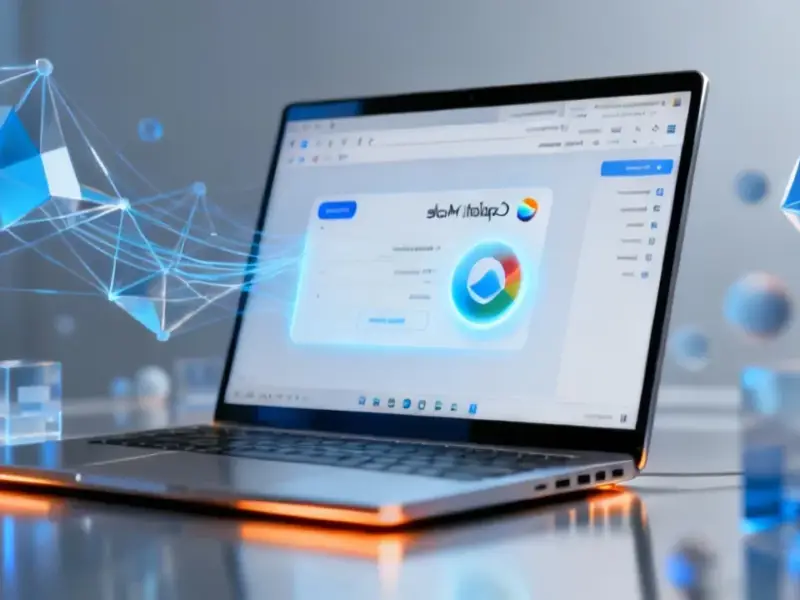ICE Protestor Says Her Global Entry Was Revoked After Facial Scan
A volunteer with a group that tracks ICE vehicles says her trusted traveler status was revoked just three days after an encounter where an agent identified her using facial recognition. She calls it intimidation and retaliation for lawful observation.









